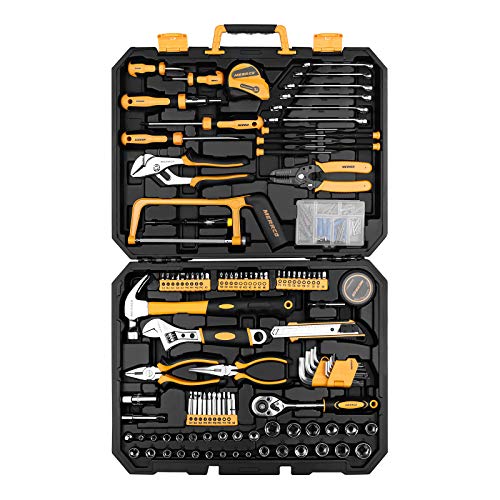IanC said:
I have separated and composted my garbage and separated my recyclables for a few years now. By doing that I am down to one bag of garbage (tall kitchen size ) every two weeks. Being on the road you couldn't do that, but I was wondering what the feeling is about burying compostable waste in boondocking or state park situations is.
This is the level of minute detail that keeps me awake at night and I've barely begun my build - I think I'm obsessed , mental ,or both.
For state parks, don't even think about it...seriously!! State parks are absolutely high, high use. If only 10% of the visitors did it, it would be a landfill in no time flat! Mind you, most state parks I've been in have recycling bins available but not composting bins. It never hurts to ask though.
Boondocking, well, that depends on where you're boondocking. In the southwest, good luck trying to dig anything without a jackhammer!
I will be spending six months in northern Ontario where, yes, in spots you can dig deep enough to bury compostable waste but in much of it, you're up against north american shield with a thin layer of soil on top.
You also want to make sure that you are far enough away from ALL water sources and that you can bury it deep enough to prevent wild animals from digging it up so if you're talking kitchen scraps, it better be deep!
If you're really serious about reducing your garbage then part of the answer is in not buying products that create the waste in the first place. Choose products that don't use as much packaging - cereal in bulk rather than in boxes, avoid canned products when possible etc.
Most towns that I've been through in the southwest have recycling, you just have to hunt them down. Ask at the chamber of commerce. Also ask if they have any place for compostable items, maybe a community garden project that has a composting bin you could use.
It does seem harder to even recycle stuff on the road though, mainly because available space for storing trash is limited.
I'm on day 3 at the Grand Canyon and the National Park has recycling bins everywhere and today I learned that the kitchens in the restaurants here are separating kitchen scraps and the edible stuff goes to help feed the mules rather than in the trash...great idea! The mules are healthier because of a more varied diet and the raw food scraps don't end up in the landfill!









































































